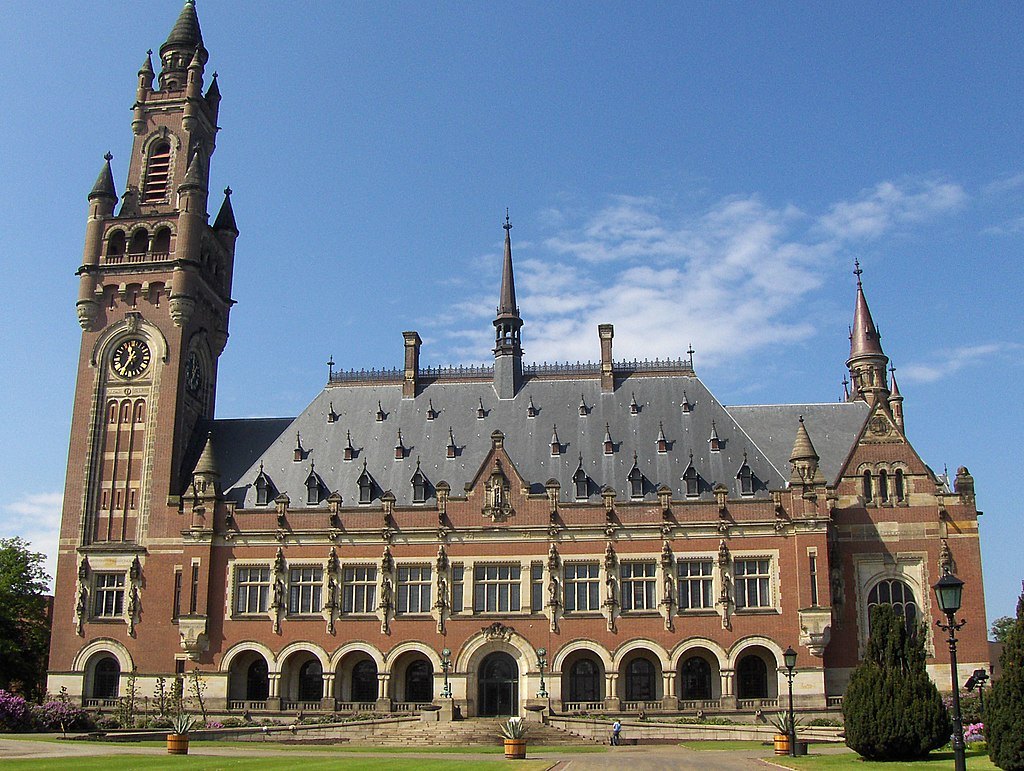There was Never a National Security Need for the Travel Ban
Today, there is much pondering about the strength or weakness of the courts’ latest rulings on Trump's revised immigration Executive Order and prognosticating about what may happen on appeal or when the issue finally reaches the Supreme Court. There are also complaints from those in Trump’s camp that the courts are unduly tying the Executive’s hands from protecting this country from visa and refugee applicants that pose a potential national security risk.
Published by The Lawfare Institute
in Cooperation With

Today, there is much pondering about the strength or weakness of the courts’ latest rulings on Trump's revised immigration Executive Order and prognosticating about what may happen on appeal or when the issue finally reaches the Supreme Court. There are also complaints from those in Trump’s camp that the courts are unduly tying the Executive’s hands from protecting this country from visa and refugee applicants that pose a potential national security risk. Beyond analyzing whether the court rulings are right and will be sustained, it is helpful to take a step back and recognize that there was never a need for a travel ban or refugee ban in the first place—even if the President was quite sincerely concerned about granting visa and refugee status because of apprehensions about the reliability and quality of information emanating from the six named countries.
The ban is flashy and is being used to satisfy campaign promises, but the concerns specified in the EO could have been addressed with no controversy and little fanfare. The President could have simply instructed the Secretaries of State and DHS that everyone receiving a visa or refugee status must meet the same rigorous national security standards. He could have made clear that if the relevant national security information (including the alien’s identity and history) regarding any alien seeking entry from any country is unreliable, the consular officer must deny the visa/refugee status. The President could further have instructed the Secretaries that, if the chaos in a country prevents an applicant from presenting reliable records, then the visa application or refugee status should be denied by the consular officer (or at least delayed until more reliable information can be provided).
If, as the President and his aides state, the chaos in the specified six countries prevents reliable decisions, then consular officers, properly instructed, will more often deny visas; and if the information is always unreliable, then visas will be regularly denied. But this could have been done on a case-by-case basis, looking at the actual records of the applicant under uniform standards—and without any religious or nationality discrimination. Under this regime, there would be no Muslim or six-country ban, but all of the EO’s stated objectives would be met, without any potential court challenge.
If the President had been properly advised, that would be the state of affairs today, as opposed to an unprecedented ban that threatens to undermine the broad judicial deference that has applied to the Executive in the immigration context for more than 100 years.
So my advice is that instead of racing to the Supreme Court to obtain a ruling (which is certain to create a very bad precedent one way or the other), the President should go back to the drawing board one more time and do this the right way.


.jpg?sfvrsn=8253205e_5)


